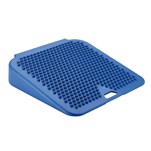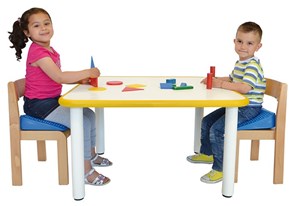
Some children may have trouble sustaining their attention to a given task. This may be due to underlying anxiety, frustration and/or sensory sensitivities. It’s helpful to monitor their behaviour to help you to identify potential causes and solutions.
Trying some of the following strategies might help the child to focus in class and improve their learning experience.
 Start a learning session with a strategy such as brain gym or movement activity
Start a learning session with a strategy such as brain gym or movement activity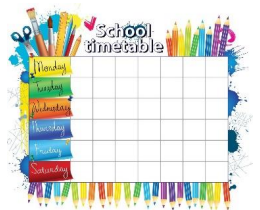 Modelling or demonstrating activities will allow the child to learn visually and to improve their recall.
Modelling or demonstrating activities will allow the child to learn visually and to improve their recall.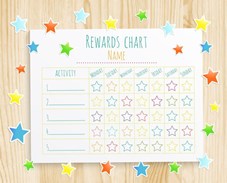 Give positive reinforcement through praise, attention and rewards after each step. Agree with the child rewards and positive reinforcements (they must be immediate, consistent, achievable and fair).
Give positive reinforcement through praise, attention and rewards after each step. Agree with the child rewards and positive reinforcements (they must be immediate, consistent, achievable and fair).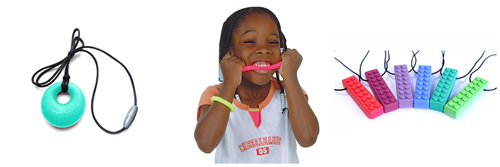
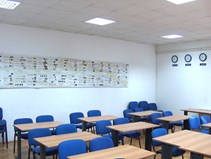 Decrease sensory distractions in the environment – consider noise, lighting, clutter etc
Decrease sensory distractions in the environment – consider noise, lighting, clutter etc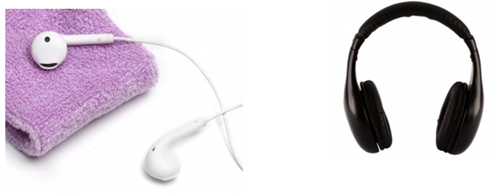
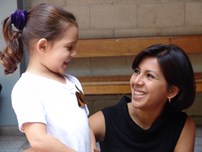 Allocate a consistent place or clearly labelled container to store belongings e.g., file for homework sheets.
Allocate a consistent place or clearly labelled container to store belongings e.g., file for homework sheets. 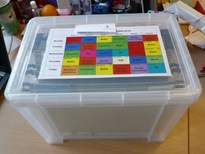
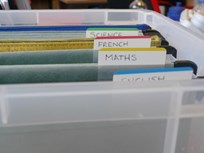
Movement breaks can be helpful for the child who has difficulty concentrating. Try to incorporate these in a regular, structured way e.g. once the child has completed part of a task set by the teacher like the 3 sums or sentences discussed previously, the teacher could suggest a movement break while she sets out the next part of the child’s work. This can be repeated as often as required by the child.
 Walking on tiptoes
Walking on tiptoesAllowing the child to have something appropriate to fidget with e.g. a rubber or a pencil with a ‘toy’ on the end is often extremely beneficial to help them to focus and listen. The use of an air filled wedge shaped cushion, which allows the child some movement in their seat or on the floor can also be beneficial.
